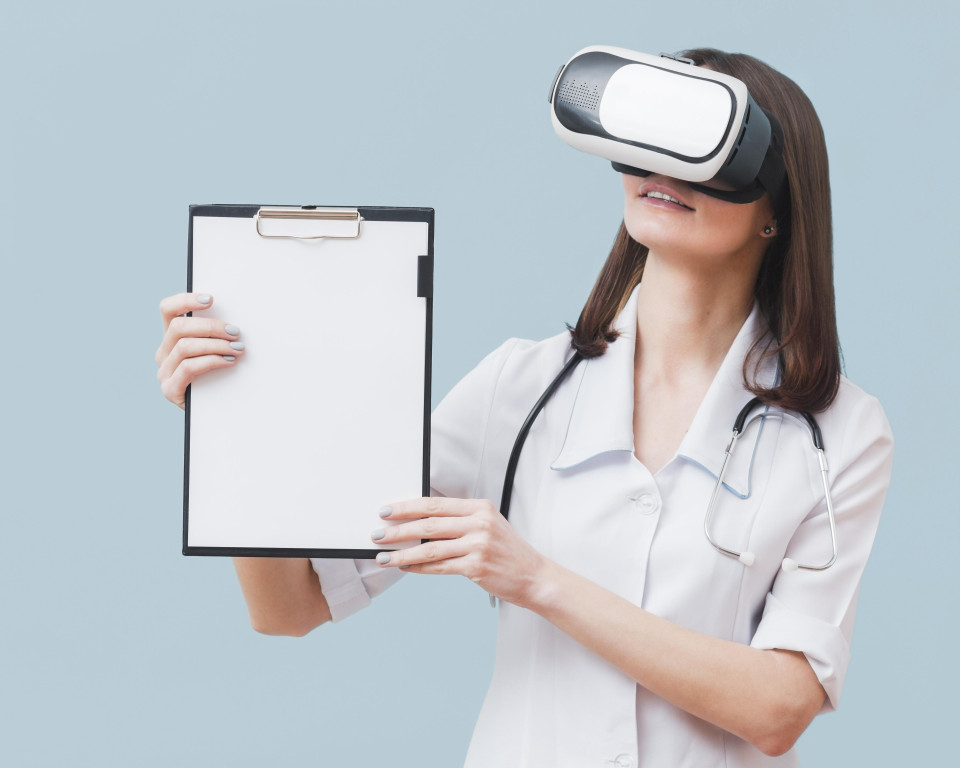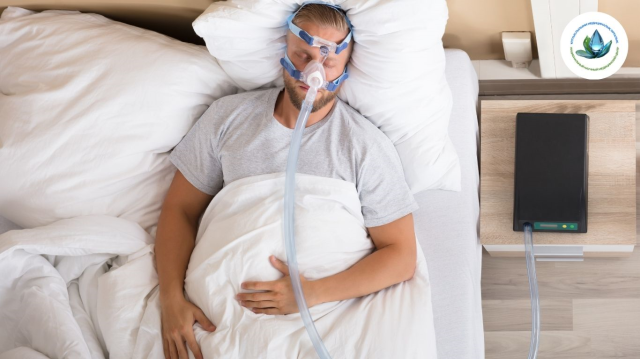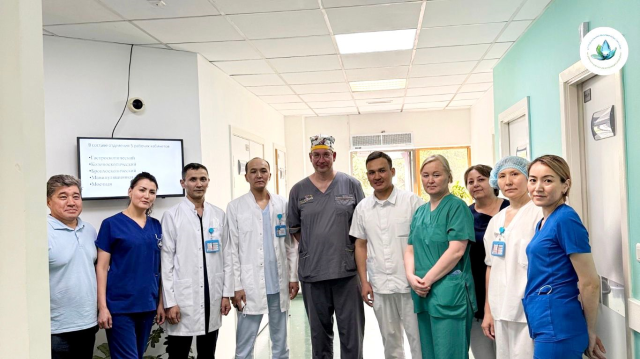Screening is a medical examination aimed at the early detection of diseases in individuals who do not exhibit obvious symptoms. Timely screening can play a crucial role in maintaining health and preventing serious illnesses.
Why is Screening Important?
Early Disease Detection: Many conditions, such as cancer, diabetes, and cardiovascular diseases, can develop without noticeable symptoms. Timely screening allows for their detection in early stages when treatment is most effective.
Improved Prognosis: Early treatment significantly increases the chances of successful recovery and minimizes the risk of complications.
Disease Prevention: Screening can help identify risk factors, enabling the implementation of preventive measures and lifestyle changes that reduce the likelihood of developing diseases.
Cost Savings: Early detection and treatment of diseases are often less expensive than treating advanced stages. This also alleviates the burden on the healthcare system.
Increased Awareness: Undergoing screening makes individuals more informed about their health and the importance of prevention, which can foster healthier habits.
Screening Recommendations
Regular Check-ups: Discuss with your doctor how often you should undergo screening based on your age, gender, and risk factors.
Follow Guidelines: Pay attention to age-specific recommendations for various screenings, such as mammograms for women or colonoscopies for individuals over 50.
Don’t Delay Visiting a Doctor: If you have concerns about a health issue or significant risk factors, do not ignore the need for examination.
Conclusion
Timely screening is a vital step towards maintaining health and enhancing quality of life. Take care of yourself and your health by not neglecting regular medical check-ups and being attentive to your body.








